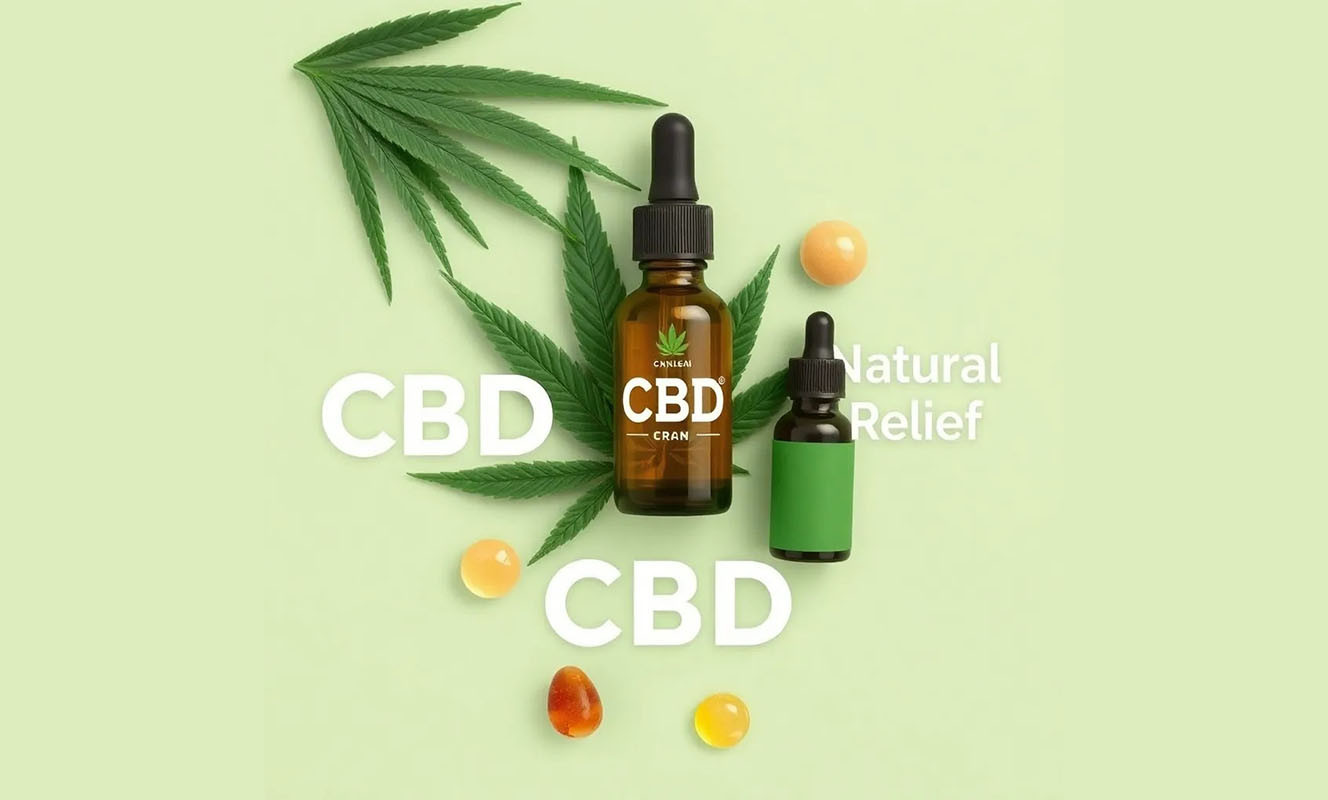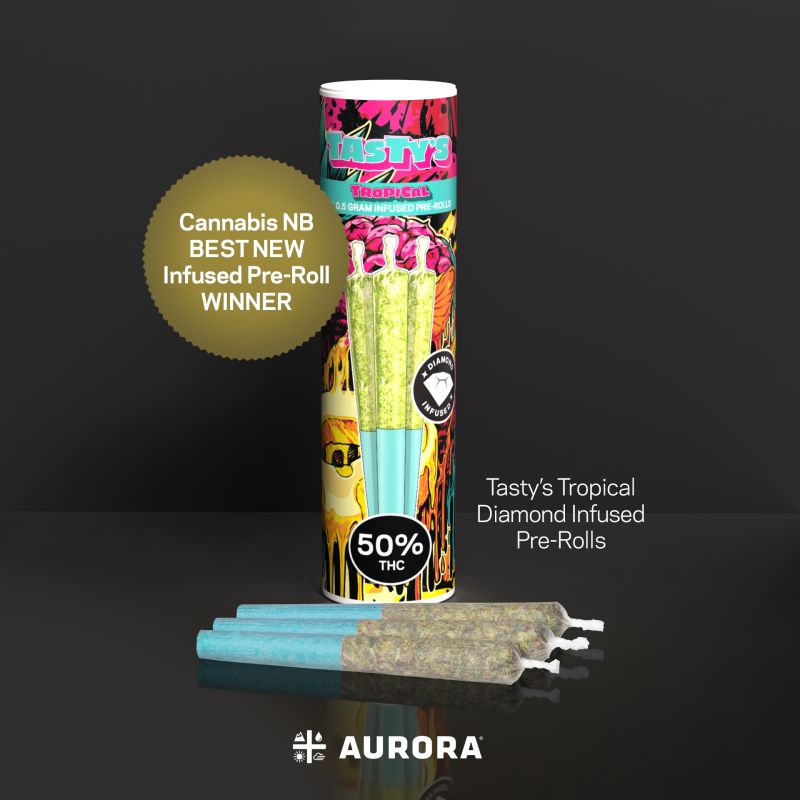In recent years, cannabidiol (CBD) has surged in popularity, capturing the attention of health enthusiasts, researchers, and everyday consumers alike. As a non-psychoactive compound derived from the cannabis plant, CBD has been touted for its potential therapeutic benefits, leading to a growing market for CBD-infused products. However, with this rise in popularity comes a plethora of misconceptions and confusion. In this article, we will explore what CBD is, its benefits and uses, and clarify some common myths surrounding this fascinating compound.
What is CBD?
Cannabidiol, or CBD, is one of over 100 cannabinoids found in the cannabis plant. Unlike its more famous counterpart, tetrahydrocannabinol (THC), CBD does not produce the "high" typically associated with cannabis use. Instead, it interacts with the body’s endocannabinoid system (ECS), which plays a crucial role in regulating various physiological processes, including pain, mood, sleep, and immune response.
Therapeutic Benefits of CBD
Research into CBD’s therapeutic potential is still in its early stages, but a growing body of evidence suggests that it may offer several health benefits:
- Pain Relief: CBD has been studied for its analgesic properties. It may help alleviate chronic pain by influencing endocannabinoid receptor activity, reducing inflammation, and interacting with neurotransmitters.
- Anxiety and Depression: Several studies indicate that CBD may have anxiolytic (anxiety-reducing) and antidepressant effects. It appears to interact with serotonin receptors in the brain, which play a role in mood regulation.
- Sleep Disorders: Many people use CBD to improve sleep quality. Research suggests that CBD may help with insomnia and other sleep disorders by addressing underlying issues such as anxiety and pain.
- Neuroprotective Properties: Preliminary studies have shown that CBD may have neuroprotective effects, making it a potential candidate for treating neurological disorders like epilepsy and multiple sclerosis.
- Anti-inflammatory Effects: CBD’s anti-inflammatory properties may benefit conditions such as arthritis and inflammatory bowel disease (IBD) by reducing inflammation in the body.
Common Uses of CBD
CBD is available in various forms, making it easy to incorporate into daily routines. Some common uses include:
- Oils and Tinctures: These are concentrated forms of CBD that can be taken sublingually (under the tongue) for quick absorption.
- Edibles: CBD-infused gummies, chocolates, and beverages offer a tasty way to consume CBD.
- Topicals: Creams, balms, and lotions infused with CBD can be applied directly to the skin for localized relief.
- Capsules: For those who prefer a familiar method of consumption, CBD capsules offer a convenient and precise dosage.
Myths and Misconceptions About CBD
Despite its growing popularity, several myths about CBD persist. Let’s debunk some of the most common misconceptions:
- Myth: CBD Gets You High
Fact: Unlike THC, CBD is non-psychoactive and does not produce a high. It can provide therapeutic benefits without the intoxicating effects associated with cannabis. - Myth: All CBD Products are the Same
Fact: The quality and potency of CBD products can vary significantly. It’s essential to choose products from reputable sources that provide third-party lab testing to ensure purity and dosage accuracy. - Myth: CBD is Illegal
Fact: The legality of CBD varies by location. In many places, CBD derived from hemp (containing less than 0.3% THC) is legal, while marijuana-derived CBD may be subject to stricter regulations. - Myth: CBD is a Cure-All
Fact: While CBD shows promise for various health issues, it is not a panacea. More research is needed to fully understand its efficacy and potential side effects. - Myth: You Can’t Overdose on CBD
Fact: While CBD is generally considered safe, it’s still possible to experience side effects from excessive consumption, such as fatigue, changes in appetite, and diarrhea. It’s always best to start with a low dose and consult a healthcare professional if unsure.
Conclusion
As interest in CBD continues to grow, so does the need for accurate information about its benefits, uses, and potential misconceptions. While research is ongoing, the therapeutic potential of CBD is promising, offering hope for those seeking alternative treatments for various conditions. As with any supplement, it’s essential to approach CBD with an informed perspective, ensuring that you choose high-quality products and consult with a healthcare provider when necessary. By understanding CBD better, you can make informed decisions about its use and navigate the evolving landscape of cannabis-based therapies.

















